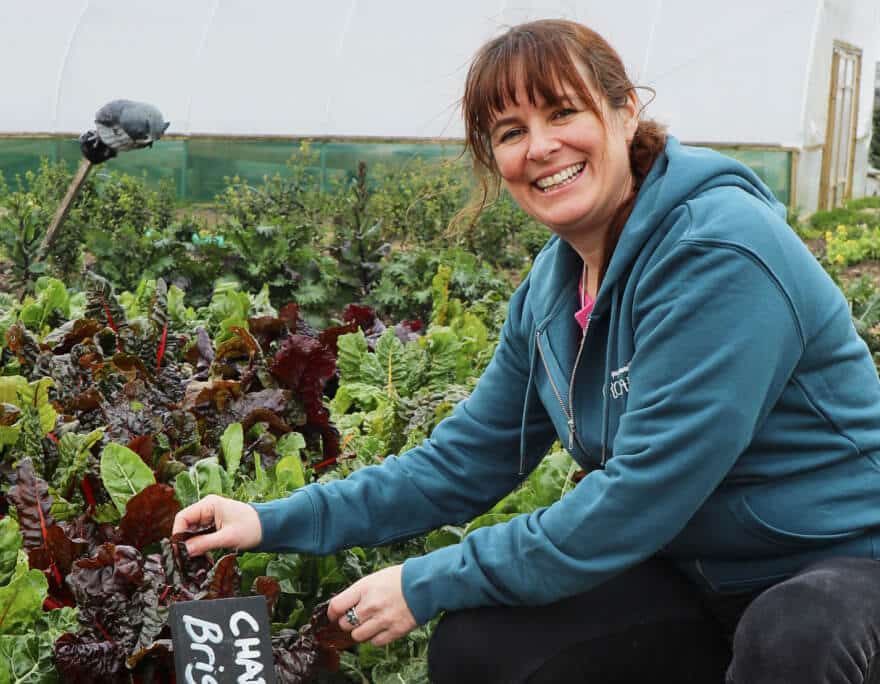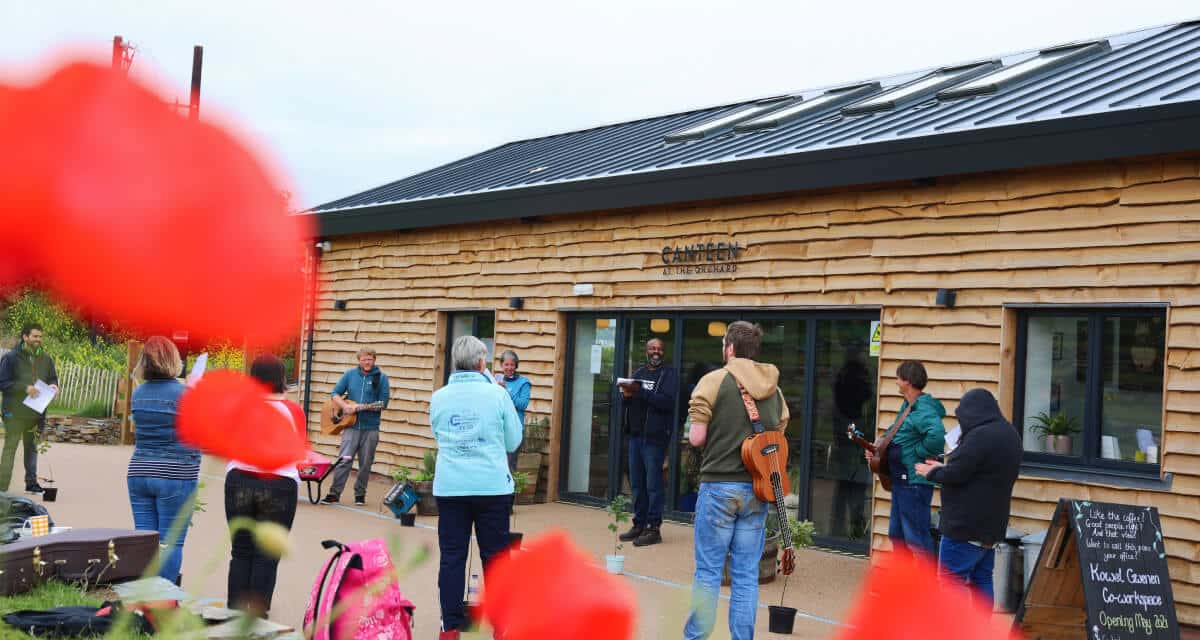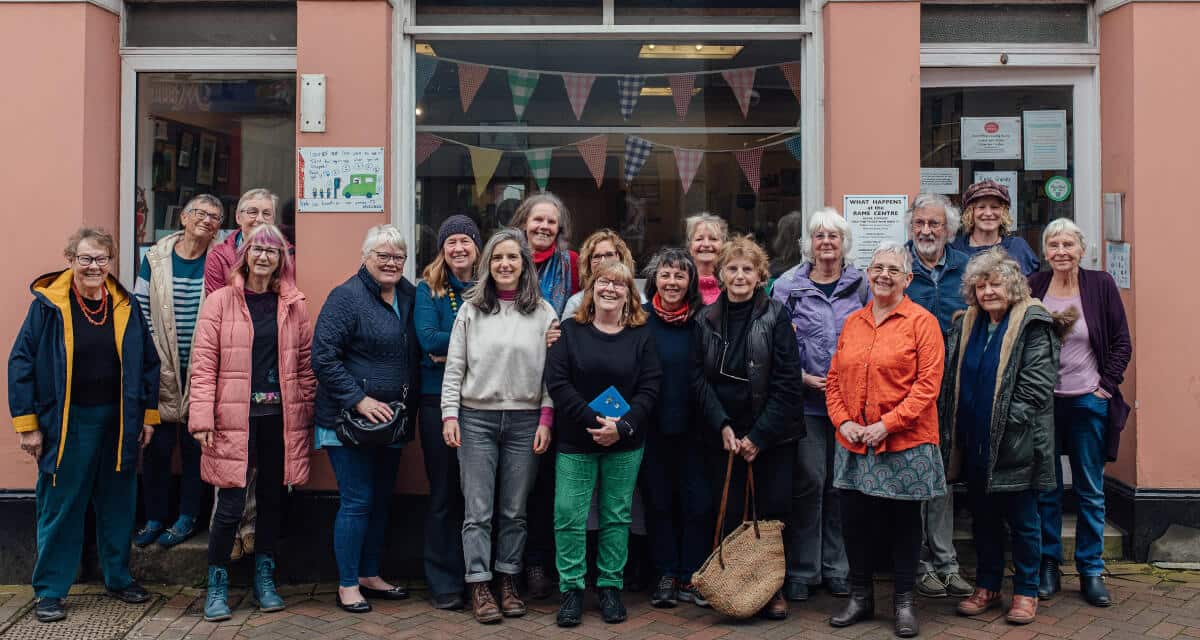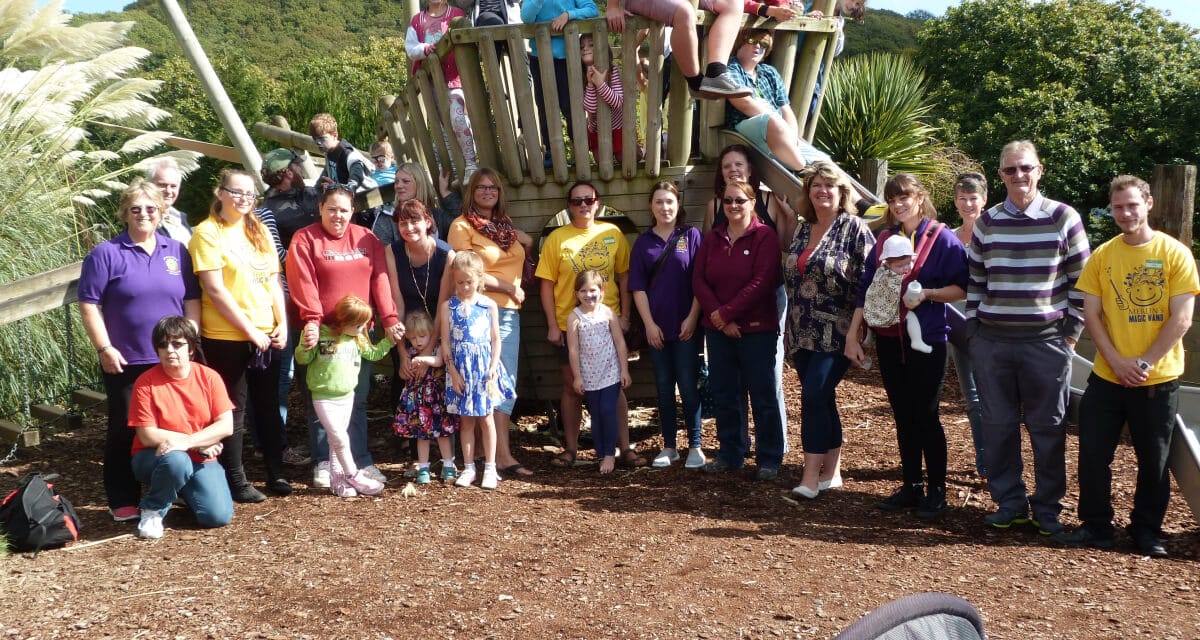If you have a question about the grant application process you should be able to find the answer below.
For new or recently started Community Groups
Unfortunately we can’t offer advice or make recommendations on governance structures.
We have provided links to third party resources for general guidance only. We would urge you to get some independent professional advice.
The Small Charities Coalition offers free set up resource tool to help guide visitors through the process.
The foundation resource for all things ‘charity’ is the Charity Commission. The information provided is more detailed and a great reference for most queries on charities.
If you are considering setting up a Social EnterpriseA business that uses commercial strategies to improve social, environmental, and financial well-being., the .gov website is a good source of information and resources.
Please note: CCF does not offer advice or make recommendation on appropriate governance structures for individual charities or community interest companies. Specific advice relies on a detailed knowledge of an individual group’s circumstances. The information and links to third party resources provided in this section are for general guidance only. We recommend you seek independent professional advice in relation to your own specific circumstances.
It is imperative that your chosen charity or social enterprise structure reflect your current and future needs. Your structure will be defined in your governing document, usually called an Articles/Memorandum of Association. Your governing document is a set of rules for how you run your charity. Supplying us with your governing document is a mandatory requirement in the grant application process.
The charity commission offers guidance and model documents.
No, you can be a community group or association, as long as you have a constitution, local management committee, a bank account, and are operating in Cornwall.
You will need to be able to provide the following evidence with your application:
- A recognised governing document e.g. Constitution, Articles which outlines the organisation’s objectives – and it must have a Dissolution ClauseA dissolution clause is a statement explaining what will happen to a nonprofit organisation’s assets in the event that the organisation dissolves or otherwise discontinues operating..
- A minimum of three unrelated members on your Management Committee.
- If you are working with children and/or people at risk, a Safeguarding Policy must be in place. We would expect to see your Safeguarding Officer’s named and contact details within this policy.
- Up to date annual accounts for your organisation.
- A bank account in the organisation’s name which requires two unrelated signatories for all withdrawals.
- A written reference from an independent referee could be requested by CCF at any stage of the application process.
Funding available and eligibility
We have approximately 70 different programmes funded by a number of philanthropic donors, businesses and statutory partnersAgencies CCF work with to deliver funding, examples of this are Local authorities, Police, and Integrated care boards (ICBs). including Cornwall Council, Cornwall & Isles of Scilly Integrated Care Board and Devon & Cornwall Police. Each fundA sum of money made available for grant making, often with specific criteria/conditions. offers grants to a range of community groups and organisations, and each has their own priorities and criteriaSpecific terms that a project has to meet to be eligible to receive funding. For example, grants in a specific geographic location..
Not all funds are available at all times, but those that are currently open and available can be accessed on our Available Grants page.
The size of grants available varies for each fund and is dependent on specific criteria laid out by the donor, the type of project and what can reasonably be achieved with the money. Funding criteria can specify grants of typically between £1000 to £5,000.
We will fund:
- Organisations whose work primarily benefits people living within Cornwall and the Isles of Scilly.
- Organisations that are ‘not for profit’, such as charities, community groups and social enterprises, that can demonstrate a clear community benefit in their constitution or governing document. The governing document should state clearly how any profits are to be reinvested for community benefit. There is no requirement for applicantA person or organisation applying for funding. organisations to be registered charities.
- Regional or national organisations working in Cornwall & the Isles of Scilly may be considered if they can demonstrate that they are the best organisation to tackle a particular issue or address a specific need and there is no local organisation able to do this. We are unlikely to fund regional or national organisations that are simply requesting a contribution towards a percentage of their core costsThe running costs of your organisation. This is the money you need to make your work happen. These are also called overheads, running costs or operating costs., relative to the proportion of their beneficiariesIndividuals being supported by the group or organisation applying for a grant. who live in Cornwall.
Please also note:
- Where partnership applications are received, we will consider project proposals where some of the partner organisations are based outside Cornwall and the IOS, but we would expect local organisations to take a lead in that partnership.
- We will give priority to frontline organisations that are working directly with local people ‘on the ground’.
- Where organisations are ‘in crisis’, we will endeavour to offer our support but this may not necessarily be financial support.
Not for profit community groups or social enterprises operating in Cornwall (you don’t need to be a registered charity, but your activities must be considered charitable). You must have the following:
- A recognised governing document e.g. Constitution, Articles which outlines the organisation’s objectives.
- A minimum of three unrelated members on your Management Committee. Or if you are a Registered Charity, you must have three unrelated Trustees registered with the Charity Commission.
- If you are working with children and/or people at risk, you must have a Safeguarding Policy in place. We would expect to see your Safeguarding Officer’s named and contact details within this policy.
- We will ask for an up to date annual accounts for your organisation. You will need a bank account in the organisation’s name which requires two unrelated signatories for all withdrawals.
- A written reference from an independent referee could be requested by CCF at any stage of the application process.
Sorry, we do not fund:
- ProjectsA piece of work that delivers an output. not benefiting people living in Cornwall.
- Retrospective grants.
- Regional offices of national bodies if they are not independent. I.e. you must have your own local accounts and management committee and benefit local people.
- Groups that have had a previous grant which has not been managed satisfactorily or has not provided the relevant reporting.
- Groups with significant financial free reserves.
- Statutory/public sector organisations such as health authorities, schools, hospitals, parish and town councils.
- Contribution to endowmentMoney that is invested for the long-term. fund, payment of deficit funding or repayment of loans.
- Grant making organisations or bodies who fundraise or distribute grants on behalf of other organisations.
- Groups whose beneficiaries are not people
Projects that help only one individual. - Projects intended to influence people’s religious choices or to promote a particular belief system.
We welcome applications from CICs. We recognise that they differ from Registered Charities and other voluntary organisations, particularly as they do not have a voluntary governance structure, equivalent to Trustees. As such, our decisions will be based on our regular grant criteria, as well as the following:
- Have a social purpose outlined in the Articles.
- Have at least three unconnected Directors, the majority of whom are not paid.
- All documents registered with Companies House must be up to date and be the same documents submitted to CCF (including the assetAn item of monetary value that an organisation owns. lock).
- Have a system to ensure decisions on Directors’ remuneration are not taken by those Directors receiving remuneration.
Whilst we do not award grants for the promotion of any religion, churches and faith based organisations may still be funded provided that the grant benefits the wider community and is not intended to influence people’s religious choices or to promote a particular belief system. Faith based organisations, should clearly demonstrate their community engagement in their application.
We do administer a small quantity of grant programmes which support individuals living in Cornwall and the Isles of Scilly. Please see our list of grant programmes for the specific criteria.
If the grant programme requires an application to be submitted by a sponsor organisation, for the benefit of the individual, we would consider sponsors acting in official capacity. Some examples of these could be:
- Health Visitors.
- Social Workers.
- Doctors/Nurses.
- Teachers.
- Representatives of voluntary organisations.
After you have submitted your application
You will receive an automated confirmation email following online submission of your application. We will then process your application, acknowledge receipt by email, and inform you if any further information or documents are needed.
All applications received at the Foundation are subject to a detailed assessment. The purpose of this assessment is to make sure that the Grants PanelA group of people who review grant applications and decide which will receive funding., who will make the decision, fully understands the application. As part of the assessment of the application, the organisation or group may be contacted by email or telephone, or the assessor may wish to visit the applicant. Please bear in mind we do use external assessors.
We will first check that your application meets the eligibility policies for the grants programme (our First Stage assessment checks). If you are not eligible we will let you know. If you have a fit with the grants programme criteria, we will then assess your application.
Depending on the complexity of the project and size of grant requested, we may contact you for clarification by telephone, carry out a more in-depth telephone assessment, or visit your project during the assessment process.
If your application is unsuccessful at a grants panel, you will be notified by email within 10 working days of the grants panel meeting date.
You will receive an email informing you on this occasion that you have not been successful.
If the sole reason for the application being unsuccessful (as outlined in the feedback provided) was due to insufficient donor funds being available for the project activity, it may be worth considering whether the work involved in reapplying to CCF, would be better directed towards other sources of funding, which have a stronger fit with your project – as it could be the case, that CCF continue to lack donor funds for your specific project activity, geography or beneficiary group.
Please note: Some programmes are only available for a short period of time and may no longer be open to reapply to.
We are able to consider variations and/or extension requests. These must be made in writing to us by email or letter. We need to know the reason for the extension/variation request, when the funding will be spent by and you should submit a new budget together with the planned outcomesMeasuring the results of the work your organisation is doing. (for a variation).
By email: grants@cornwallfoundation.com
Our assessors may contact you if they have any queries about your application or organisation. Please answer their questions promptly by the assessor’s deadline or your application may not be able to proceed to panel.
Awarded recipients will receive their payment from The Cornwall Community Foundation on receipt of the signed Declaration (sent with the outcomeAn outcome is the impact of a change. Outcomes measure impact by how much it affects society. e-mail) and when all grant conditions are met. Payment will be paid by a BACs transfer with the bank details provided.
Monitoring, evaluation and publicity
As part of the terms and conditions of your grant, all groups must complete our online monitoring form. This link is sent to you with your outcome e-mail. We do ask that the monitoring form is completed in full and returned to us no later than a year from the panel date, or when your project is complete – whichever is sooner. Please do submit it with any additional information you may wish to include.
Cornwall Community Foundation must be recognised as the donor and the grant recorded as restricted funds in your accounts. Please use the Community Foundation logo on any appropriate literature or website relating to the project. Please contact us for logo use.
Once a grant is awarded, your group name, the amount we have awarded and the overall purpose of the grant may be published on the Cornwall Community Foundation website, Twitter and Facebook. If appropriate, the Community Foundation may also use your project for other publicity purposes.
We love receiving case studies, photos and video materials from your project that we can share with the donors who have supported your work and potential donors who may be willing to support other projects.
Please do try and capture as much information to make the project come alive to the donor as possible, permissions allowing.
Photos and videos are imperative to us as they not only showcase the important work of the groups and organisations, we support but they are also the best way of attracting donors, whom without we would not exist.
- Photos of people are preferred over photos of objects (creativity is encouraged)
- Please make sure all participants in the photo have given consent as they may be featured for promotional purposes.
- The higher the quality, the better (please aim for 300dpi or greater for images, 720p or greater for video)
Get support applying today

Shannon Lenton
Outreach Officer



